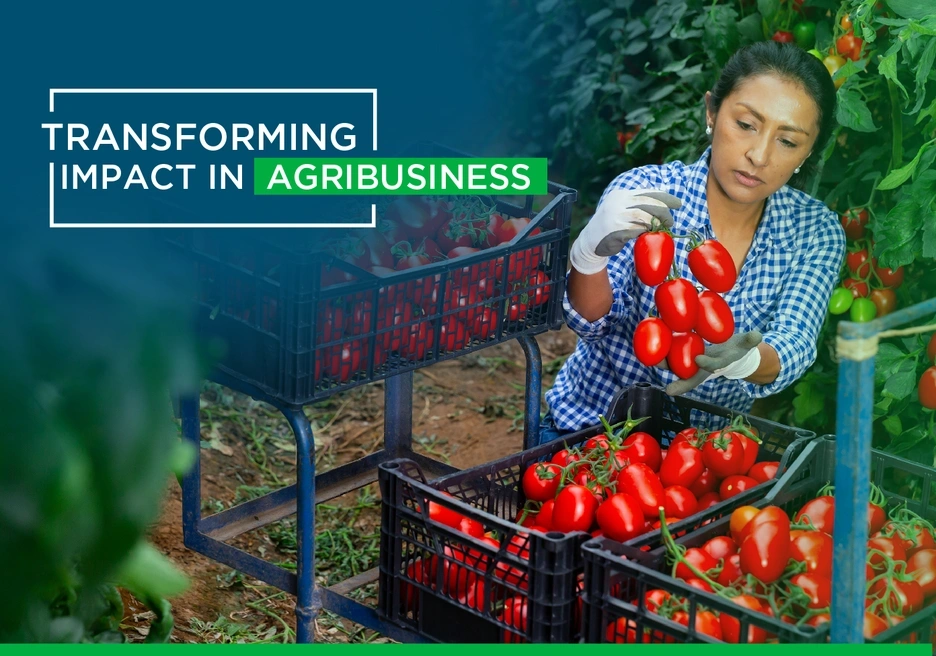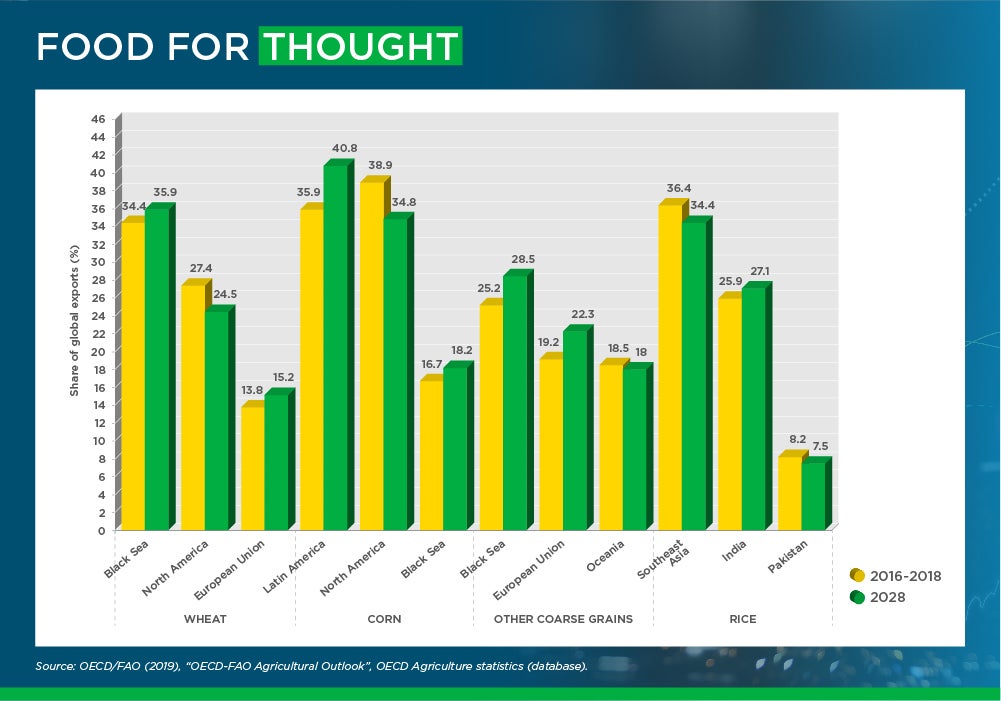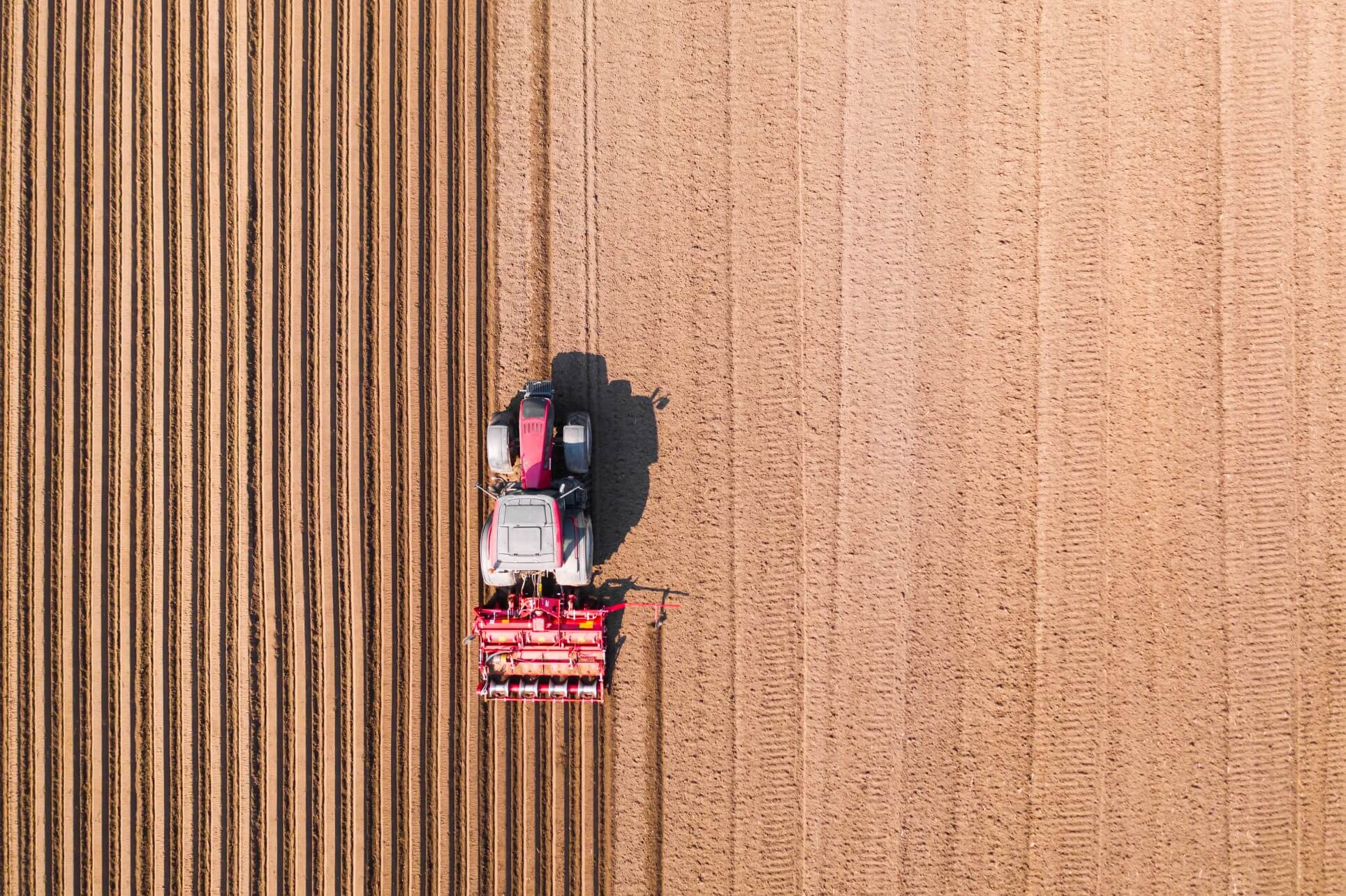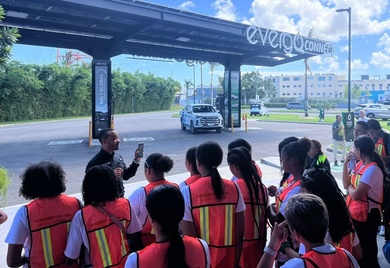Amid the Pandemic, Some Keys to the Agriculture Sector in Latin America and the Caribbean

Wilmer Pérez received a clear message on that morning in late February 2020.
He was asked to attend an urgent meeting at the head office of PRONACA, a food production company that has been in operation for 60 years, following confirmation of the first COVID-19 cases in Ecuador. This was the beginning of a major global health crisis with severe impacts on the agriculture sector, which is essential for regional and global food security.
Pérez, PRONACA’s Environment and Community Director, was aware of the potential vulnerability of the company’s 120 operating centers across the country. These centers employ more than 75,000 people and process poultry, pork, and heart of palm products and produce sausages and canned goods.
“The most important thing is taking care of our employees’ health, since we work in a sector that is strategic to the country’s food supply and must continue to operate,” said Pérez from Quito in an online forum. The event was organized by IDB Invest with experts, companies, and associations from the agriculture sector in Latin America and the Caribbean (LAC) to present the “Guidance for the Agriculture Sector on COVID-19: Risks and Response Framework.”
You may also like:
- Your Business is Next in Line for Internet-of-Things Disruption
- How Can Latin America Attract Foreign Investment in Times of COVID-19
- How exposed is Latin America to the trade effects of COVID-19?
Like most companies in the region’s agriculture sector, PRONACA faced sudden changes in demand, supply chain disruption, and the need to ensure the protection of its employees.
IDB Invest's guide was designed to assist with these issues. It “aims to support our clients with a tool to assess risks and make decisions quickly in the face of an unprecedented challenge such as COVID-19, thus protecting workers’ health and keeping agricultural operations active”, explained Angela Miller, IDB Invest Principal Environmental and Social Specialist.
The guide is structured into the following steps: identifying risks in companies’ operations (agricultural, processing facilities, transport, and communities); assessing COVID-19 management in operations by using the response and management checklist; and, finally, taking measures to address the risks and gaps in each company’s environmental and social management systems.
This challenge is no small feat. Agriculture accounts for 6% of LAC's gross domestic product and 14% of the workforce, half of which are women. If we include workers in the rest of the food supply chain, the sector accounts for 24% of the region’s employment. As agriculture is a labor-intensive activity, taking care of workers’ health is key. According to the United Nations Food and Agriculture Organization (FAO), Latin America and the Caribbean is the largest net food exporting region in the world, and several Latin American countries are among the largest exporters of numerous agricultural products, including corn.

IDB Invest, the IDB Group’s private sector institution, has invested in 39 agriculture sector projects in LAC, providing $786 million in loans and an additional $547 million in mobilized resources, with most of this investment being received by Brazil, Guatemala, and Argentina.
In the forum, Guillermo Foscarini, IDB Invest’s Head of Agribusiness, noted that going forward the key will be “operational flexibility, to channel the production of different products — whether frozen, canned or fresh —, flexibility regarding markets, geographic coverage, and sales channels, including e-commerce, and financial flexibility to access the liquidity required for companies to continue operating.”
Meanwhile, Pérez pointed out that COVID-19 has placed social considerations on a par with operational aspects, as social distancing measures and precautions to limit the spread of the disease have become a priority. Similar measures have been observed in other companies that have received financing from IDB Invest and used the guide to assess their risks and adjust their procedures.
“We have to be prepared, because this isn’t a stopgap,” warned Luis Miguel Serrano, General Operations Director at Mexican agriculture company NASE, also speaking in the forum. “We understand that this will go on for longer than expected, and it’s something that we are learning to live with.”■
LEARN HOW IDB INVEST CAN OFFER YOU SOLUTIONS HERE.
SUBSCRIBE AND RECEIVE RELATED CONTENT |
| [mc4wp_form] |
LIKE WHAT YOU JUST READ?
Subscribe to our mailing list to stay informed on the latest IDB Invest news, blog posts, upcoming events, and to learn more about specific areas of interest.
Subscribe



